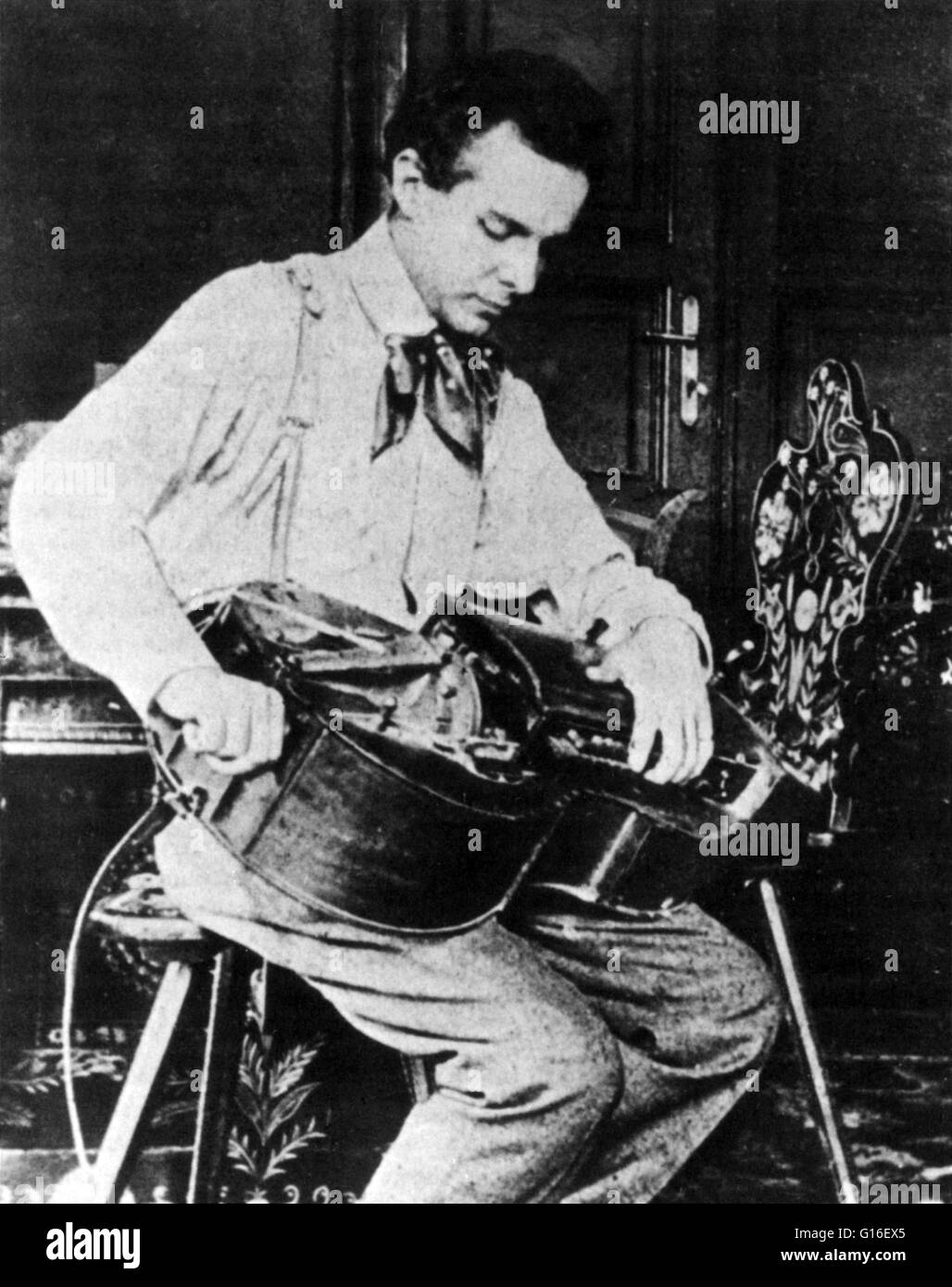Béla Viktor János Bartók (March 25, 1881 - September 26, 1945) was a Hungarian composer and pianist. He is considered one of the most important composers of the 20th century. Through his collection and analytical study of folk music, he was one of the fou

Image details
Contributor:
Science History Images / Alamy Stock PhotoImage ID:
G16EX5File size:
39.9 MB (1 MB Compressed download)Releases:
Model - no | Property - noDo I need a release?Dimensions:
3322 x 4200 px | 28.1 x 35.6 cm | 11.1 x 14 inches | 300dpiPhotographer:
Photo ResearchersMore information:
This image could have imperfections as it’s either historical or reportage.
Béla Viktor János Bartók (March 25, 1881 - September 26, 1945) was a Hungarian composer and pianist. He is considered one of the most important composers of the 20th century. Through his collection and analytical study of folk music, he was one of the founders of ethnomusicology. His music reflects two trends that dramatically changed the sound of music in the 20th century: the breakdown of the diatonic system of harmony that had served composers for the previous two hundred years, and the revival of nationalism as a source for musical inspiration. The works of his youth are of a late-Romantic style. He wrote in total 74 works which can be considered in Romantic style. Most of these early compositions are either scored for piano solo or include a piano. The most prominent characteristics of his music from late 1920s onwards was the influence of the Carpathian basin and European art music, and his changing attitude toward tonality, but without the use of the traditional harmonic functions associated with major and minor scales. In 1940, after the outbreak of World War II, Bartók was increasingly tempted to flee Hungary. He was strongly opposed to the Nazis and Hungary's siding with Germany. His anti-fascist political views caused him a great deal of trouble with the establishment in Hungary. He reluctantly emigrated to the United States. He died in 1945 at the age of 64 from complications of leukemia. No photographer credited, early 1900s.